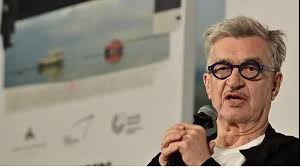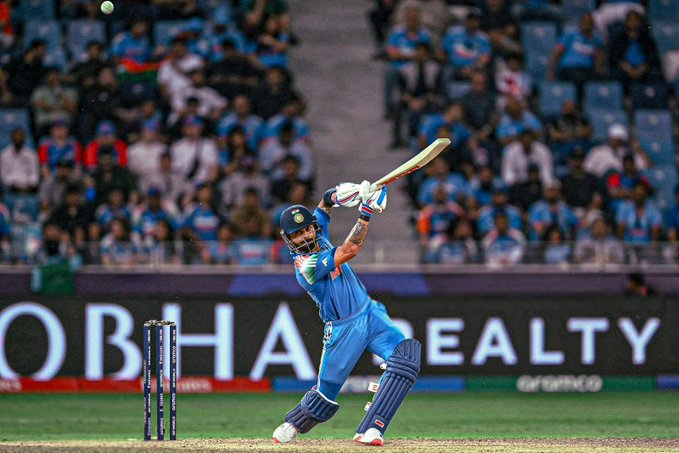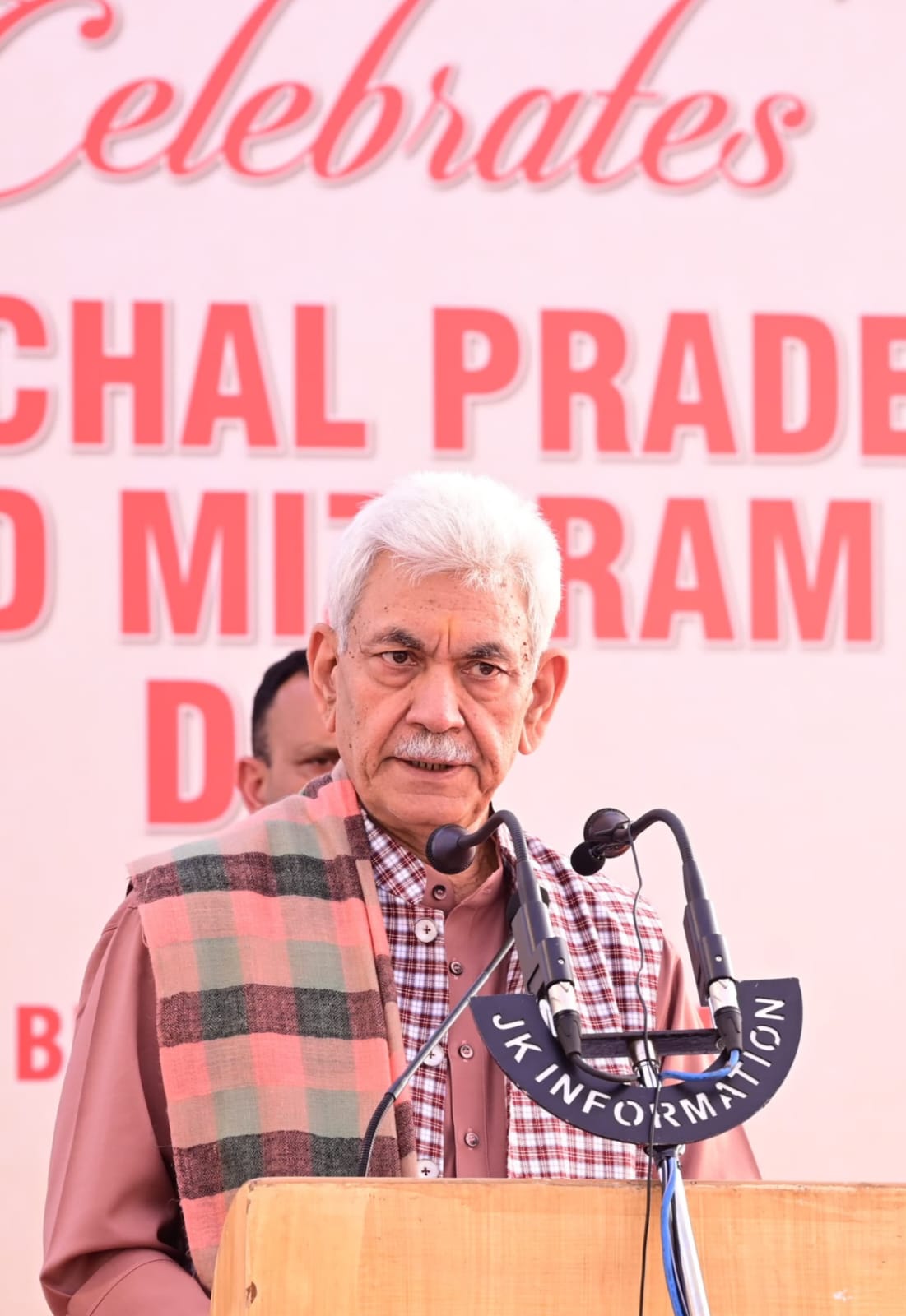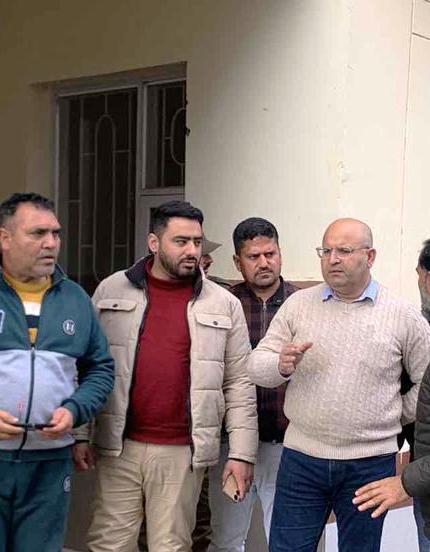Thiruvananthapuram: German filmmaker Wim Wenders has said that cinema is an integral part of his life and that he cannot make films unless they are connected to the music he loves.
“I love music, literature, religion, philosophy, and mythology, and films have all of these,” Wenders said during a ‘Masterclass’ interaction session here on Monday. The filmmaker is on the King of the Road – India tour with 18 of his films.
Wenders’ films are being screened here as part of the second leg of the Indian tour, which began on February 6 in Mumbai.
The tour will now travel to Kolkata, New Delhi, and Pune.
The filmmaker noted that 23 of his films have been digitised and are ready for the future. “I think of them as entities. As a parent, I must step away and allow them to take care of themselves,” he said.
He added that he no longer wants to own them, as they will be preserved by the Wim Wenders Foundation.
“These movies belong to you because they exist only when you watch them,” he said.
“I firmly believe that, regardless of culture or location, the film is a Dio construction that allows you to enter it, take possession of it, and connect it to your own ideas, experiences, and desires. A film only truly exists when you watch it and fill in all the gaps between the lines,” Wenders said.
Reflecting on his early days, the 79-year-old filmmaker recounted how, after a failed attempt at medical education—pushed by his father, a doctor—he wanted to pursue painting. His father, however, asked if he had a concrete plan.
He planned to move to Paris, where he attempted to get into an art academy but failed because his sketches were “abominable”.
Instead, Wenders started frequenting the cinematheque, where he watched at least 1,000 films in a year.
He soon realised that painting was not as powerful as cinema, which was more complex and all-encompassing.
Wenders also pointed out that Germany lacked a film culture in the 1950s and 1960s when he was growing up. When the country’s first film school opened with minimal facilities, he applied and was accepted.
“(Rainer Werner) Fassbinder also applied but was rejected. However, that was fortunate for him, as the film school was not great—it didn’t even have a camera of its own,” he remarked.
Wenders said he has always loved making films and telling stories. “From the beginning, I struggled with scripts and didn’t know when to say ‘cut,’ so my early films had long shots,” he admitted.
“After the Kings of the Road series, I finally learned how to tell a story in chronological order—like telling a story to a child—which gave me confidence,” he said.
“Nowadays, it is difficult to develop a film as you go along without a script. Storytelling is essentially an attempt to make sense of the world around you,” he added.
“In all my fictional films, I have tried to incorporate as much reality as possible,” he noted.
According to Wenders, locations play a crucial role in his films. “Every story unfolds in a place, and places have their own storytelling power,” he said.
On choosing actors, he stated, “I have to like the person in front of the camera. I wouldn’t cast a big actor if I didn’t like them.”
When asked about his latest film, ‘Perfect Days’ (2023), Wenders explained that the protagonist is not an unhappy man but rather someone who finds joy in the simple life he has chosen.
“He is content with who he is. He lives in the present and embraces the life in front of him,” he said.
The King of the Road tour is organised by the Goethe Institut, Goethe Zentrum, Film Heritage Foundation, Wim Wenders Foundation, Kerala State Chalachitra Academy, and Kerala State Film Development Corporation (KSFDC).



















